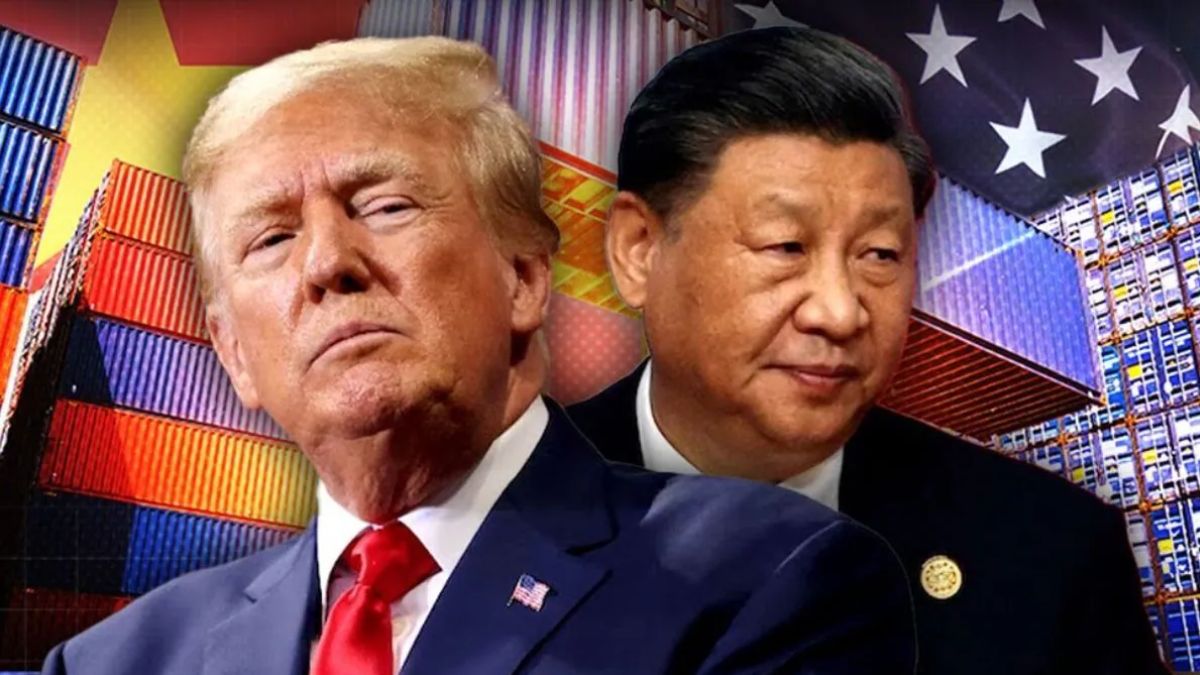China has rejected claims by President Donald Trump that it is currently negotiating a trade agreement with the United States, casting doubt over the prospects of resolving the rapidly escalating tariff war between the world’s two largest economies.
“China’s position is consistent and we are open to consultations and dialogues, but any form of consultations and negotiations must be conducted on the basis of mutual respect and in an equal manner,” said Ministry of Commerce spokesman He Yadong. “Any claims about the progress of China-US trade negotiations are groundless as trying to catch the wind and have no factual basis.”
The statement directly contradicted remarks made by Trump just a day earlier. Asked by reporters on Wednesday (April 23) if talks between the two nations were ongoing, Trump had said: “Yeah, of course. Every day.”
Despite the economic measures leveled against China, Trump said Tuesday that he would be “very nice” and not play hardball with Chinese President Xi Jinping.
“We’re going to live together very happily and ideally work together,” Trump said.
The conflicting statements come amidst intensifying economic tension triggered by Trump’s announcement of “reciprocal” tariffs earlier this month. Since April 2, US tariffs on Chinese goods have surged dramatically to 145 per cent, prompting Beijing to retaliate with tariffs of up to 125 per cent on American imports.
“This tariff war was launched by the US,” Guo Jiakun, a spokesperson for China’s Ministry of Foreign Affairs, was quoted as saying by Nikkei . “China’s position is consistent and clear. We will fight if fight, we must…Dialogue and negotiation must be based on equality, respect, and mutual benefit.”
Impact Shorts
More ShortsChina’s Ministry of Commerce echoed these sentiments, reiterating the absence of ongoing negotiations and suggesting the need for sincerity from Washington.
Trump’s recent assurances of a softer approach towards Beijing— suggesting tariffs would “come down substantially” upon reaching a deal—had temporarily raised investor optimism. However, China’s swift denial now threatens to dampen hopes for a swift resolution.
With inputs from AP
)